The European Space Agency (ESA) is inviting all interested stakeholders to join the Zero Debris Workshop, scheduled for 26-27 June 2024, at the European Space Operations Centre (ESOC) in Germany. This initiative follows the successful launch in January 2024 of the Zero Debris Technical Booklet co-development through an introductory webinar.
Workshop Details
- Date: 26-27 June 2024
- Location: ESOC, Germany
- Registration information: Zero Debris Technical Workshop Webpage
Workshop format
This workshop will focus on consolidating the Technical Booklet based on collective inputs provided by entities actively involved in the Booklet’s co-development. It will be organised around four co-engineering sessions, each of which thematically groups the Zero Debris Charter Targets and Principles:
- Session 1: Avoiding Debris Generation
- Session 2: Clearing Orbits
- Session 3: Mitigating Consequences
- Session 4: Surveillance and Coordination
The workshop will take place in a series of roundtables, where participants will have the opportunity to share their insights and feedback on the proposed solutions and contributions. The detailed schedule of the roundtables will be announced soon on the event webpage. The workshop will focus on the technical aspects of space debris mitigation and remediation, so we encourage the participation of representatives who have relevant expertise or interest in one or more of the topics covered by the sessions.
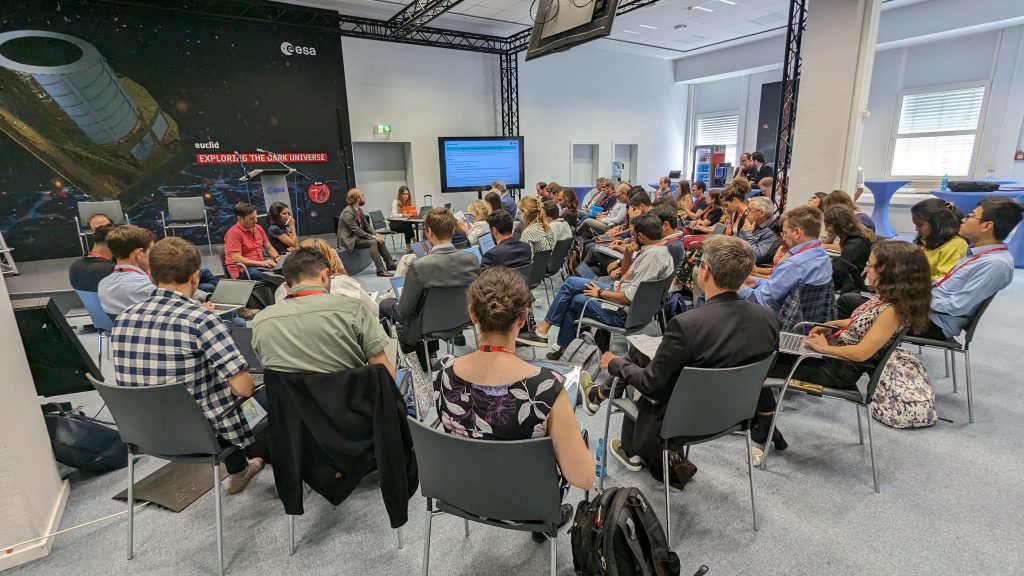
The Zero Debris Technical Booklet
The Zero Debris Booklet consists of a list of needs, technical solutions and contributions gathered from the Zero Debris Technical Booklet community. The goal is to bring together stakeholders in the Zero Debris community to achieve the jointly defined sustainability targets listed in the Charter by 2030. The Booklet will serve as a reference and for the benefit of the whole Zero Debris community, to support the necessary collaborative capacity-building to achieve the Zero Debris vision.
How to participate in the co-development?
Registering to the Zero Debris Workshop ensures your participation in the co-development of the booklet.
To facilitate effective collaboration, ESA has distributed the initial draft (draft 0) of the booklet to the participants of the initial webinar, along with an Excel file designed for stakeholders to record their comments and suggestions on the draft. This structured approach ensures that each entity’s insights are meticulously gathered and considered in the consolidation of the Technical Booklet. If you have not received the draft 0 and the excel file, you can still request them by emailing cleanspace@esa.int. To ensure your contribution is taken into account, please submit the Excel file with your comments and suggestions to cleanspace@esa.int by April 8.
The workshop offers a unique opportunity for stakeholders to interact and contribute actively and share their expertise and ideas. Given the limited seating, ESA encourages organizations to select representatives who can make substantive contributions to the technical framework being developed.
Conclusion
The Zero Debris Workshop is more than just a meeting; it’s a call to action for all stakeholders in the space sector to join forces in identifying the technical gaps and proposing possible solutions to achieve Zero Debris by 2030. By sharing knowledge, expertise, and innovative solutions, participants will play a vital role in shaping a future where space operations are conducted responsibly, minimizing the impact on the orbital environment.
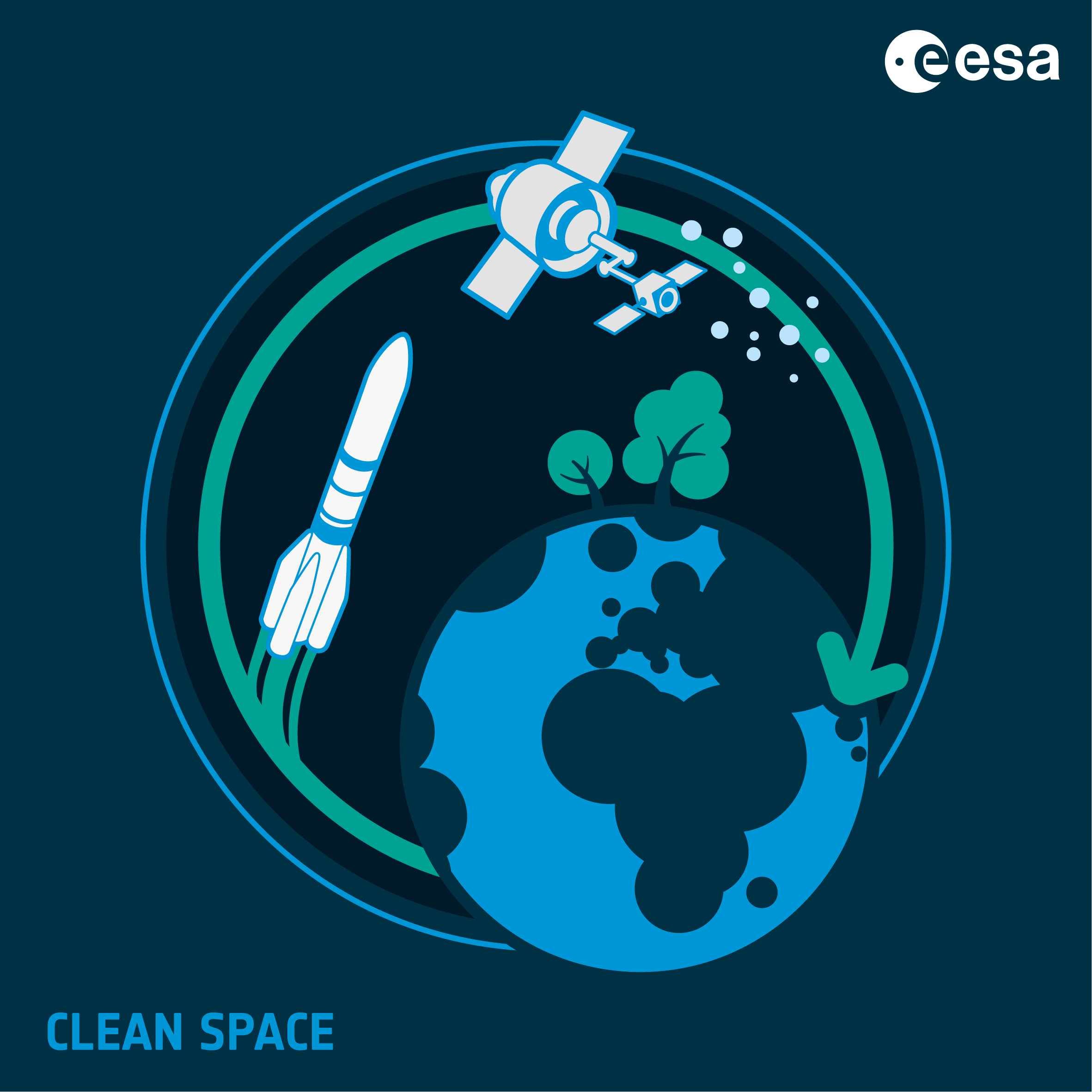

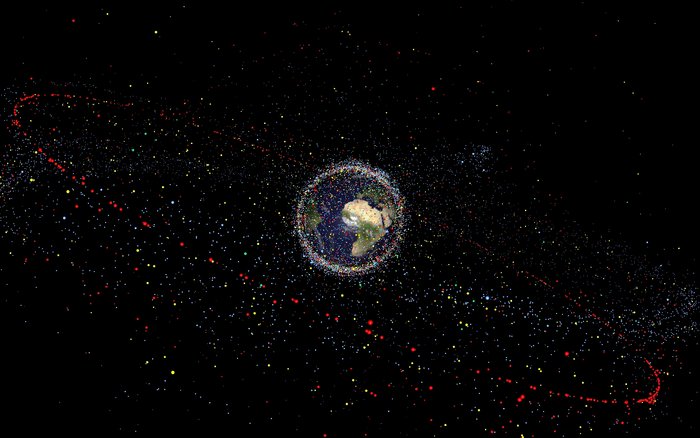
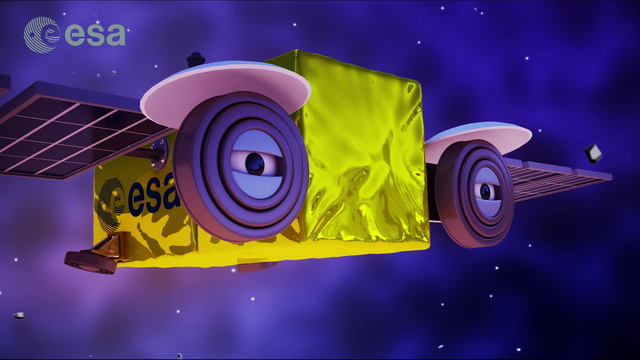
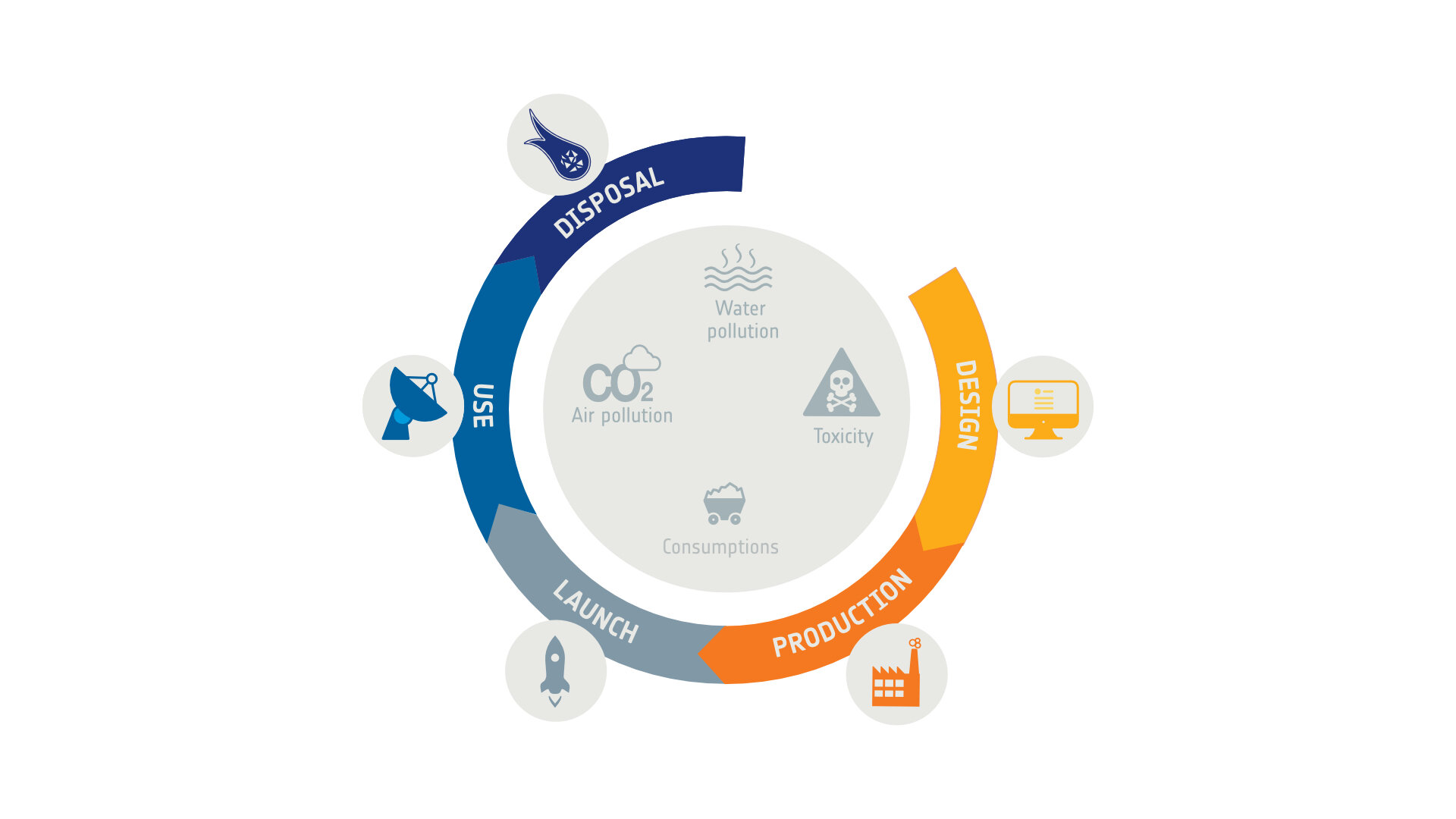
Discussion: no comments